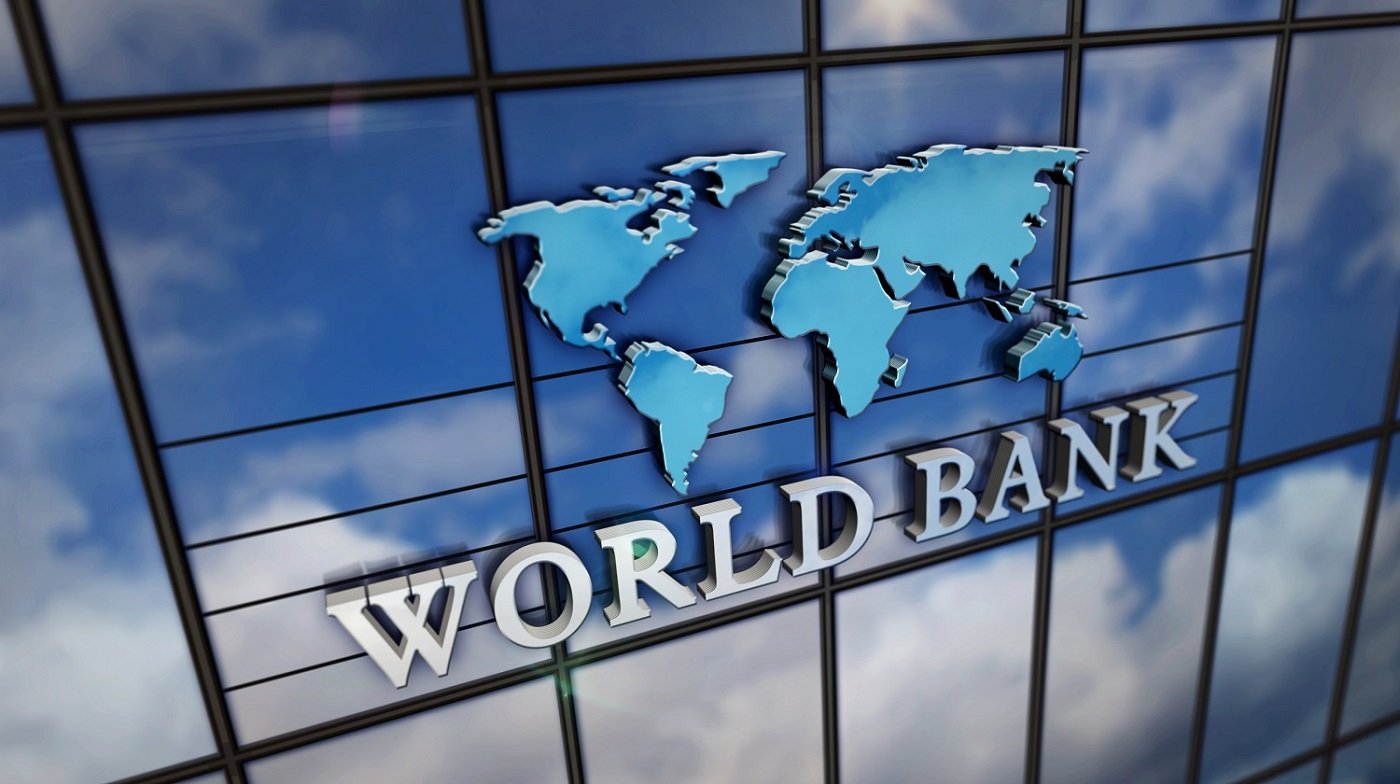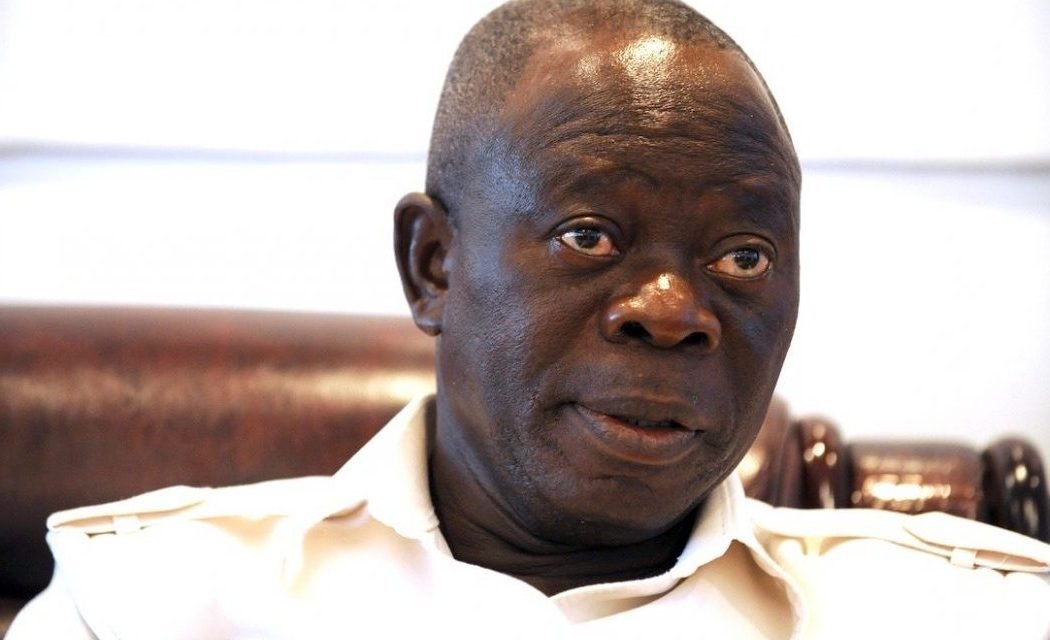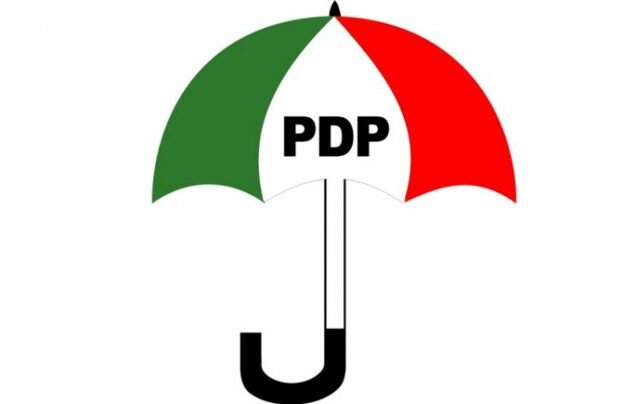The Presidency has disputed the latest economic report from the World Bank, which estimated that 139 million Nigerians are living in poverty. Describing the figure as “unrealistic” and detached from the country’s economic realities, President Bola Tinubu’s Special Adviser on Media and Public Communication, Sunday Dare, emphasized that the poverty statistics need to be properly contextualized within the framework of global poverty measurement models.
Dare noted that the World Bank’s figure is based on a global poverty line of $2.15 per person per day, established in 2017 using Purchasing Power Parity. This figure, when converted, translates to approximately N100,000 per month, which exceeds Nigeria’s new minimum wage of N70,000. He cautioned against interpreting the World Bank’s numbers as a literal count of poor Nigerians, framing it instead as an analytical construct.
The Presidency further argued that the World Bank’s estimates rely on historical consumption data, often overlooking the informal and subsistence economies that support many Nigerian households. Consequently, the government considers the report a modelled projection rather than an empirical representation of living conditions in 2025.
Dare highlighted that the real focus should be on the economic trajectory, asserting that Nigeria is on a path of recovery and inclusive reform. The administration is implementing various welfare and intervention programs, such as Conditional Cash Transfers, which have reached up to 15 million households, and initiatives aimed at infrastructure development and food security.
The World Bank had expressed concern that despite Nigeria’s recent economic stabilization efforts, approximately 139 million Nigerians are still living in poverty. Mathew Verghis, the World Bank Country Director for Nigeria, acknowledged the bold reforms undertaken by Nigeria but warned that these changes have not yet led to improved living conditions for ordinary citizens.
Reactions to the report have been mixed, with opposition parties, economists, and labor leaders criticizing the administration. Many argue that the deepening hardship across the country suggests that the economic reforms have not translated into tangible relief for citizens. Critics point out that while the government cites growth and reduced inflation, these figures do not reflect the daily struggles of many Nigerians.
Economists also noted that the efforts to fix Nigeria’s economy have temporarily exacerbated poverty levels. They called for targeted interventions to directly address living costs and improve welfare.
The Tinubu administration maintains its commitment to building a resilient and inclusive economy, focusing on policies that empower households and expand opportunities for all Nigerians.







